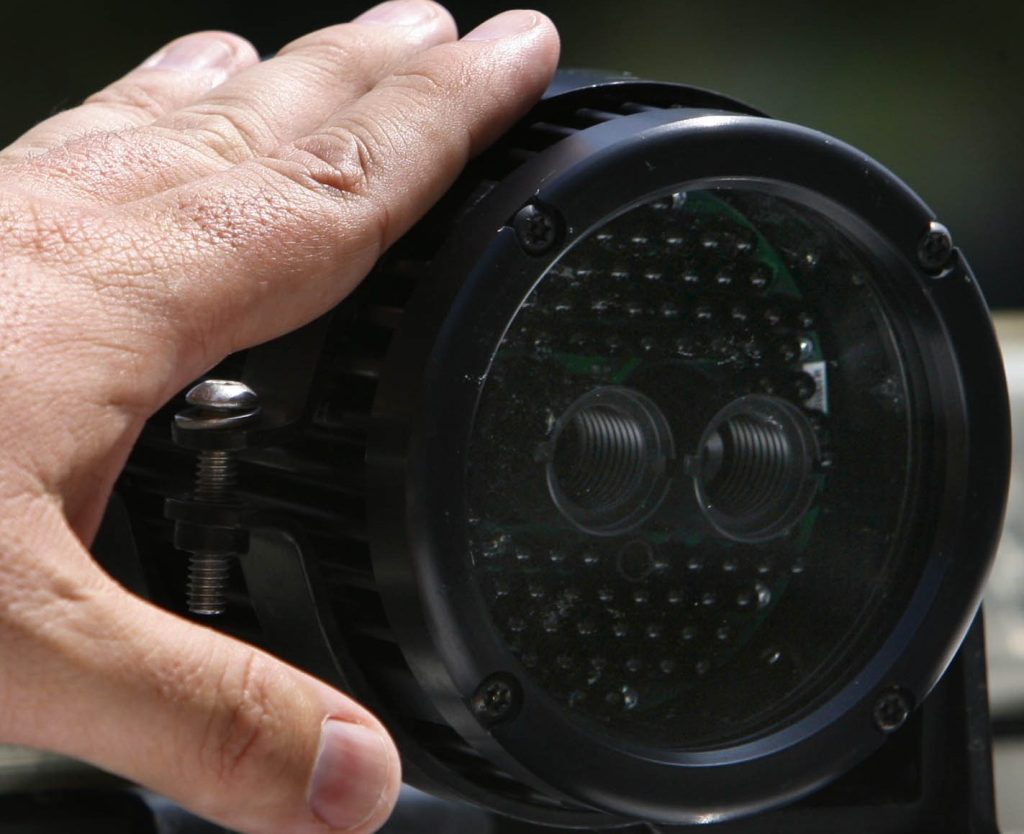Abortion is mostly illegal in Texas. Anyone who helps a woman get one can be criminally liable under Lone Star State law.
So, who’s at risk if the Orange County Sheriff’s Department has shared data it collects from automated license plate readers with police agencies in Texas towns like Giddings, El Paso, Gulfport, Liberty County, Nacogdoches County and Wise County? Could that California-collected data be used to track down and prosecute folks who help Texas women get care that’s legal here, but outlawed there?
Turns out OCSD — and 70 other police agencies across 22 California counties — have received demand letters from the Electronic Frontier Foundation and American Civil Liberties Union, urging them to stop sharing this data with states that restrict or outlaw abortion. California’s Attorney General has been copied on those letters as well.
“ALPR (automated license plate reader) technology is a powerful surveillance system that can be used to invade the privacy of individuals and violate the rights of entire communities,” the demand letters read.
“ALPR systems collect and store location information about drivers whose cars pass through ALPR cameras’ fields of view, which, along with the date and time of capture, can be built into a database that reveals sensitive details about where individuals work, live, associate, worship, seek medical care, and travel. Much of this information has traditionally been unavailable to law enforcement without a search warrant.”
The civil liberties organizations aren’t the only ones concerned about this technology.
In 2020, the California State Auditor concluded “the law enforcement agencies we reviewed must better protect individuals’ privacy through ensuring that their policies reflect state law. In addition, we found that these agencies must improve their ALPR data security, make more informed decisions about sharing their ALPR data, and expand their oversight of ALPR users.”
There have…
Read the full article here







